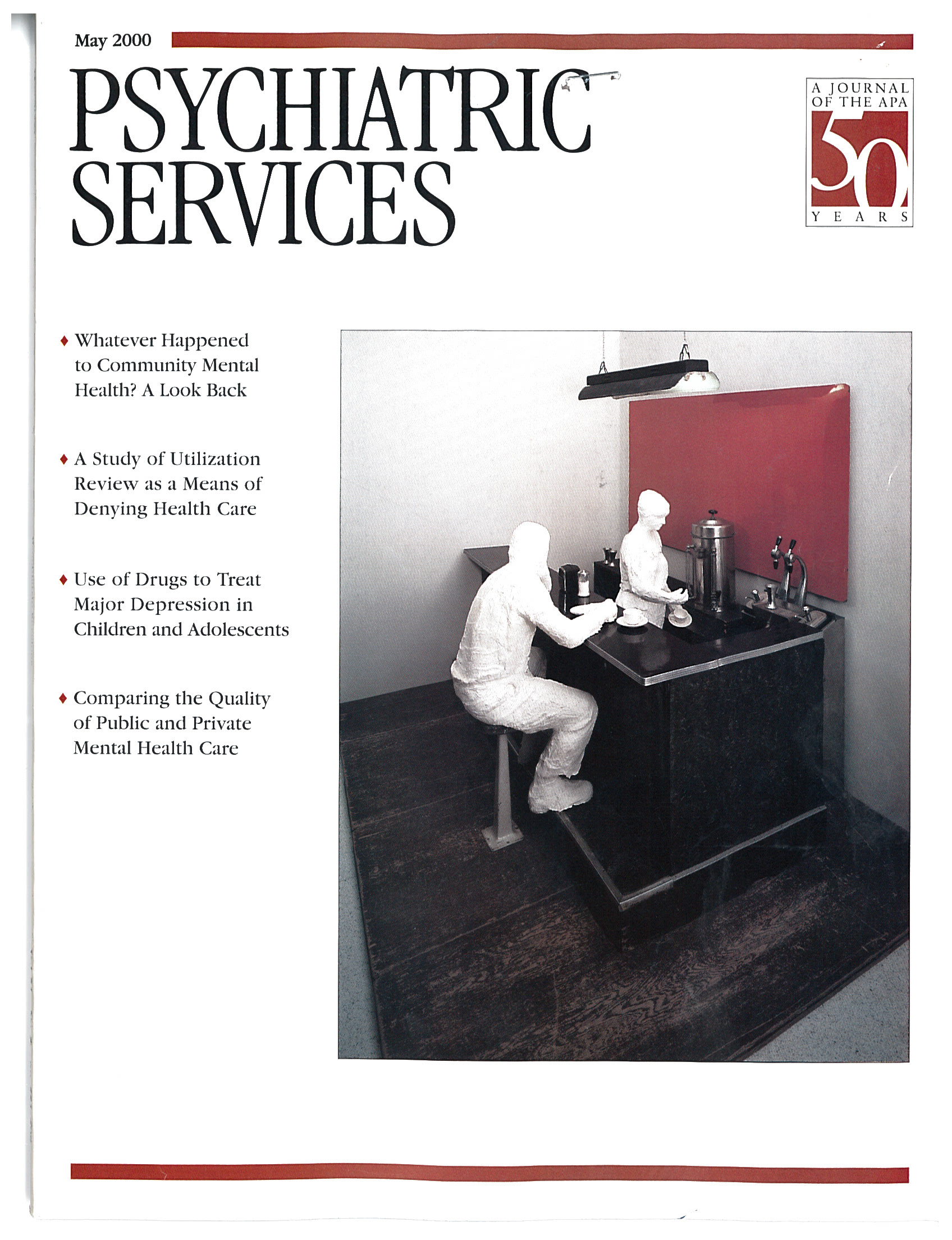Using an integrated approach to understanding the psychotherapeutic process, Beitman and Yue have constructed a pedagogical gem. It is a teaching model based on a common-sense psychodynamic conceptual framework; stages of therapeutic progression; defined methods of observation, recording, and reporting of data; and fundamental approaches to change, resistance, transference and countertransference, and termination of therapy.
Beitman is chairman of psychiatry at the University of Missouri and a pioneer in the model of integrated pharmacotherapy and psychotherapy. Yue is a psychiatrist from China Medical University in Shenyang, China. The training program in psychotherapy they present in this work has emerged from direct experience with residents and most recently has been used to train supervisors in several residency training programs in the United States.
In the tradition of Fleming, Ekstein, Wallerstein, Gill, Luborsky, and others who have struggled with the teaching and learning of psychotherapy (including accurate, systematic reporting and a meaningful supervisory process that can measure an acquired knowledge base), Beitman and Yue have operationalized this complex process to enable teacher and student to observe, interact, critique, and demonstrate understanding and skills. The program they present is an introductory course and is not school-specific. It is built on the sound concepts of an observing self navigating through forming an alliance with the patient, listening, searching for nonadaptive patterns, intervening for change, and achieving a sensitized awareness of unique therapist proclivities, overreactions, and avoidances. The teaching program both prepares the psychiatric resident for general psychotherapeutic intervention across diagnoses and is a forerunner to more elaborate conceptual systems to be mastered in the future.
The text is replete with assignments, evaluative forms, and readily understandable tables and schematic presentations. However, it also generates a sense of exuberance and fun to be derived from the helping situation, with distinct benefits to the therapist in self-understanding and growth. Inhibitions of the beginning student therapist, such as anxiety, distortion in reporting, supervision transference, and performance orientation, are boldly defined and constructively engaged. Facilitative features include a strong experiential clinical database, identification with a competence model, the use of group process, and an atmosphere of reassurance and support.
Beitman and Yue clearly recognize the importance of an eclectic approach to psychotherapy. Unlike proponents of many psychotherapeutic protocols, who get bogged down with the rigid biases and procedures of their particular school of thought, Beitman and Yue present an open-ended discussion of the underlying principles evident in all forms of psychotherapy. Furthermore, both authors maintain their focus on a practical, conceptual approach to therapy rather than providing elaborate discussions of movements in the history of human development or detailed descriptions of treatment procedures for specific psychiatric disorders.
The authors also address the growing influence of managed care in medical psychotherapy by recognizing the demands for time-efficient and cost-effective services. In this new century, the theoretical "dogma-eat-dogma" environment that has plagued the last one must yield to increasingly integrated protocols that are research oriented and outcome based.
Kudos to Beitman and Yue for their groundbreaking effort. We hope it will lead the way to a rational residency curriculum that restores psychotherapy as a core competence of every psychiatrist.

